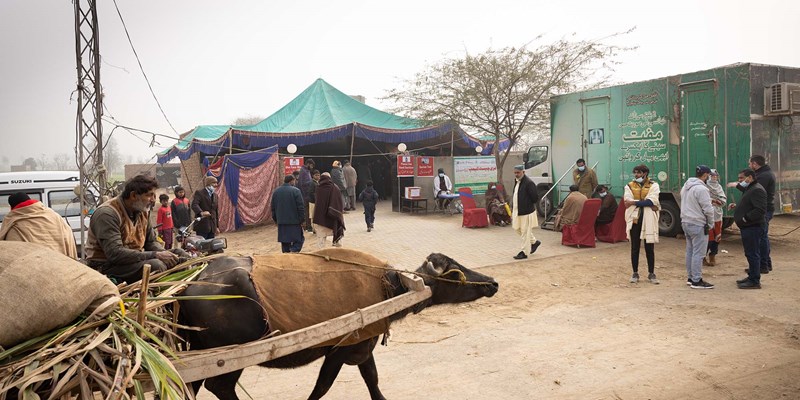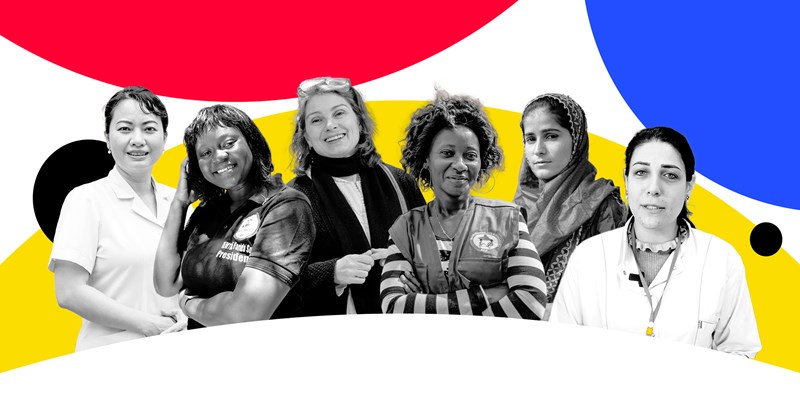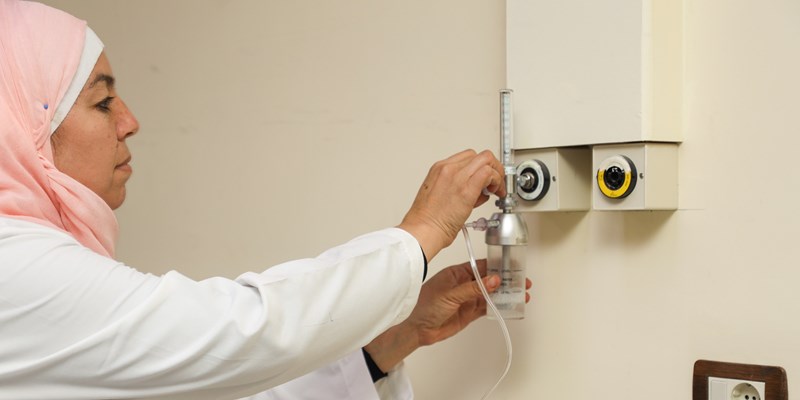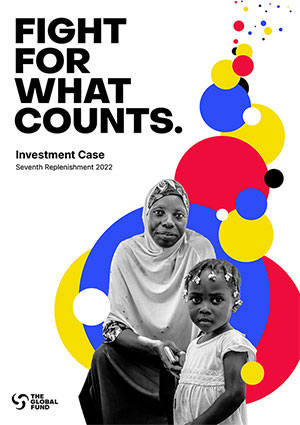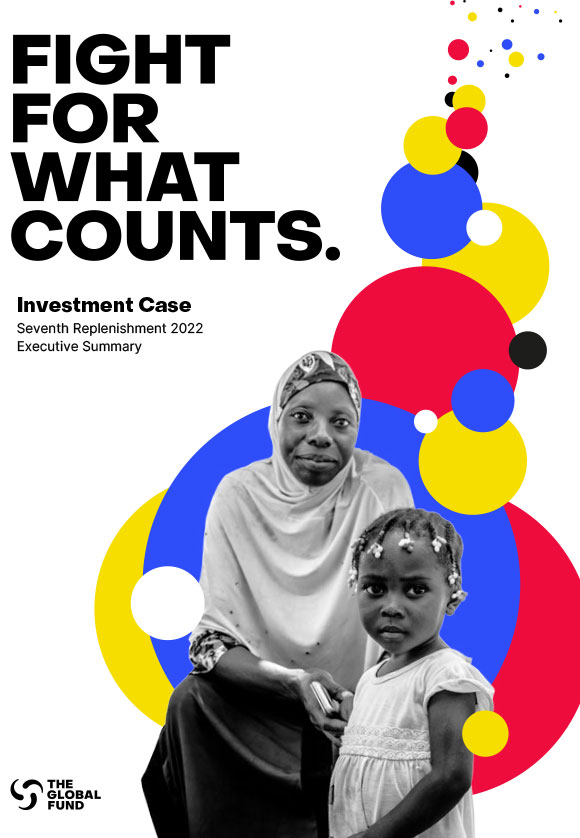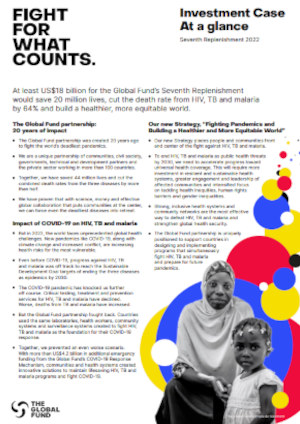Investing to End HIV, TB and Malaria as Epidemics
15 December 2015
TOKYO – The Global Fund is convening a major international meeting this week to address the challenge of funding programs to accelerate the end HIV, TB and malaria as epidemics, and to build stronger systems for health that lead to universal health coverage.
Investing to End HIV, TB and Malaria as Epidemics
download in 日本語
The Preparatory Meeting of the Global Fund Fifth Replenishment, held in Tokyo on 16-17 December, is being attended by health ministers from several countries, as well as global health leaders including Bill Gates, Co-Chair of the Bill & Melinda Gates Foundation; Margaret Chan, Director-General of WHO; Tedros Adhanom Ghebreyesus, Foreign Minister of Ethiopia; Marie-Claude Bibeau, Canada’s Minister for International Development & La Francophonie, and many others.
The Global Fund’s Replenishment aligns with the global goals embraced by member states of the United Nations in September 2015, the Sustainable Development Goals, with a holistic and multidisciplinary approach that seeks to reduce inequity and support sustainable transition across the development continuum as countries move toward self-sustainability and universal health coverage.
The meeting is paired with a conference on universal health coverage, an important priority being spearheaded by the Government of Japan that will evaluate financial systems and funding sources needed by countries to promote access and affordability of health care and medicine. Universal health coverage is critically important to ending epidemics of HIV, TB and malaria, diseases which flourish through poverty and discrimination.
Every three years, the Global Fund seeks financial support for its mission through a Replenishment pledging conference. At this week’s meeting, the Global Fund will announce a financial target for the pledging conference, to be held in mid-2016.
Participants will consider how improved facilities, health worker training, improved information management systems and stronger community response and support systems are needed to build stronger systems for health. These systems will be central to driving the next 15 years of impact against the three epidemics.
“Through the Global Fund partnership, we have made tremendous progress and are on the right side of the tipping point for HIV, TB and malaria,” said Mark Dybul, Executive Director of the Global Fund. “With innovation and partnership, the Global Fund is a mechanism for global solidarity that supports countries doing great things.”
The Global Fund is a 21st-century partnership designed to accelerate the end of AIDS, TB and malaria as epidemics. As a partnership between governments, civil society, the private sector and people affected by the diseases, the Global Fund mobilizes and invests nearly US$4 billion a year to support programs run by local experts in more than 100 countries.
